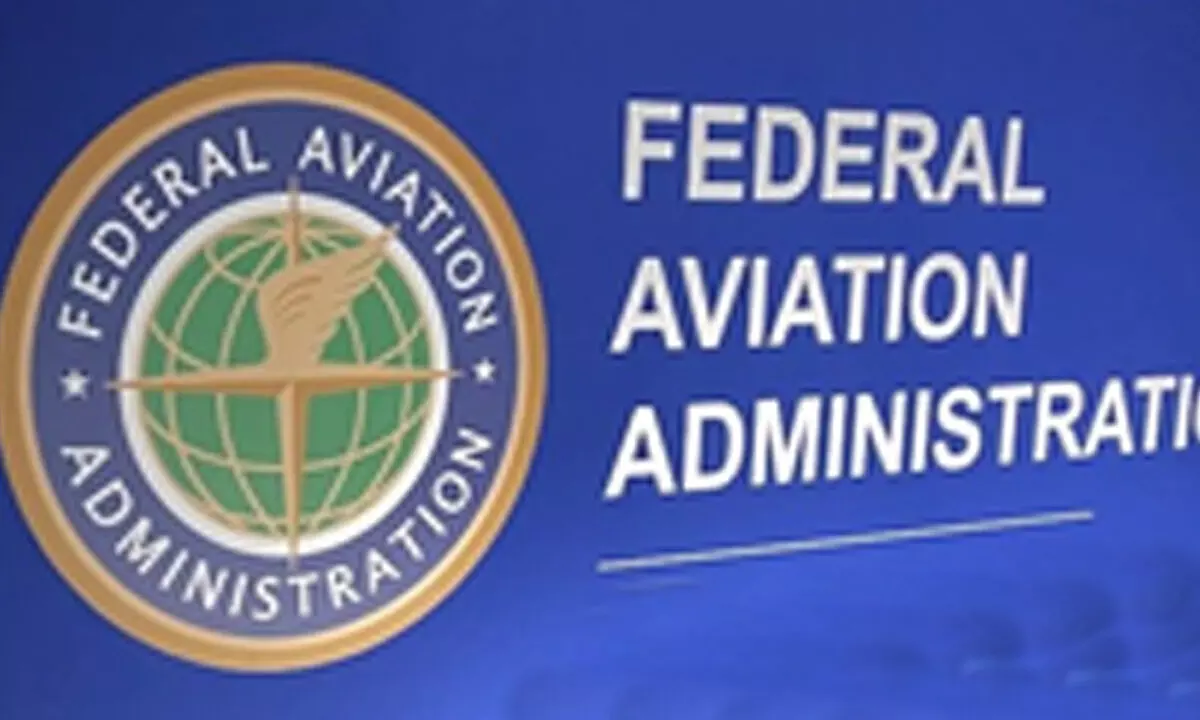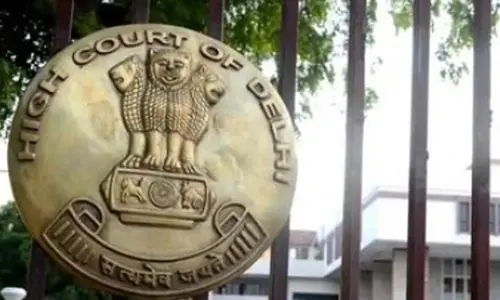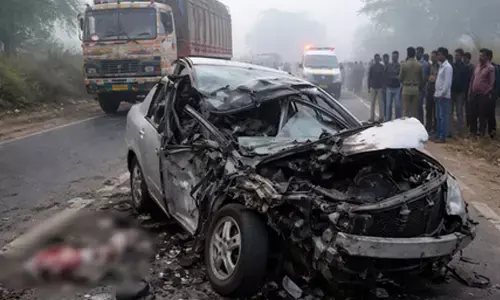US FAA okays SpaceX's 2nd Starship launch test
Share :

The US Federal Aviation Administration (FAA) has cleared the second test flight for Elon Musk's SpaceX’s Starship rocket.
San Francisco: The US Federal Aviation Administration (FAA) has cleared the second test flight for Elon Musk's SpaceX’s Starship rocket.
The FAA said it “has given license authorisation for the second launch of the SpaceX Starship Super Heavy vehicle".
"The FAA determined SpaceX met all safety, environmental, policy and financial responsibility requirements," it said in a statement on X.
In view of this. SpaceX has confirmed Friday for the test, with a two-hour launch window starting at 8 a.m., the company wrote on its website.
The second flight test will debut a hot-stage separation system and a new electronic Thrust Vector Control (TVC) system for Super Heavy Raptor engines, in addition to reinforcements to the pad foundation and a water-cooled steel flame deflector, among many other enhancements, the company added.
On April 20, the first flight test of SpaceX's fully integrated Starship and Super Heavy rocket, built to take humanity to the Moon, Mars and beyond, exploded shortly after lift off raining dust and debris on residents in Port Isabel, Texas.
The rocket launch also spread plumes of potentially hazardous debris endangering human lives as well as habitats of animals, raising concerns by environmental groups, following which the FAA grounded the launch.
The FAA also identified 63 actions that SpaceX needed to implement on the Starship and at the launch site before making further attempts.
SpaceX said in a September report that leaking propellant from the Super Heavy booster was behind the failure, having “severed connection with the vehicle’s primary flight computer”.
SpaceX said that the “lessons learned” from the first Starship launch are contributing to “several upgrades” to the vehicle and ground infrastructure.
“This rapid iterative development approach has been the basis for all of SpaceX’s major innovative advancements, including Falcon, Dragon, and Starlink,” the Musk-owned company said.








